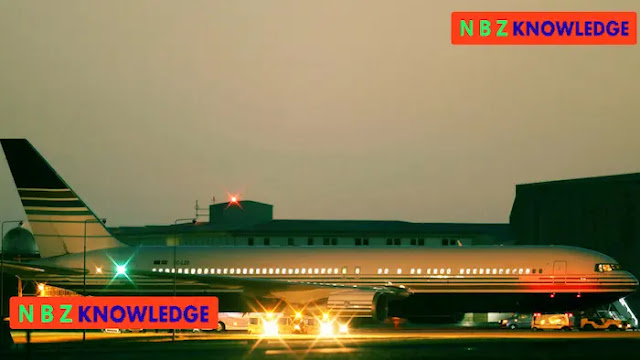Asylum seekers deported to Rwanda: Iraqi case halts first flight from Britain, the government "will not change policy"
Minister Priti Patel said many of those who were to be removed from the flight would be placed on the next flight.
The plane was prevented from leaving Britain after the European Court of Human Rights ruled that an Iraqi asylum-seeker must remain in Rwanda because there were no guarantees of his legal future in Rwanda.
The government says deporting refugees will deter people smugglers, but opponents of the policy say it is inhumane.
Seven people were due to be transferred to Rwanda on Tuesday evening ahead of the European Court's decision, which followed a series of court battles in Britain that resulted in the flight's departure.
What did the European Court say?
The ruling by the European Court of Human Rights in Strasbourg to suspend the deportation of an Iraqi asylum seeker has sparked a series of legal challenges in British courts. All passengers were removed from the aircraft, which then returned to Spain.
The European Court of Human Rights in Strasbourg - part of the Council of Europe, of which Britain is still a member - said the Iraqi man, whose name has not been released, faces a "real risk of irreversible harm" if he remains on board.
The European Court has said that an Iraqi refugee is in danger if he leaves.
A British court had ruled that he could be returned to Britain if his attempt to abolish the transport policy to Rwanda succeeded. However, the European Court of Human Rights argues that there is no legally enforceable mechanism to ensure that it can return from the East African State.
The Strasbourg Court also added that the United Nations had raised concerns that, after their transfer to Rwanda, asylum-seekers would not have access to "fair and effective" procedures to determine their refugee status.
What is the position of the British government?
The British Home Secretary said these "repeated legal barriers" were similar to those faced by the government in other deportations, adding that "many of those deported from this journey will be placed on the next trip."
Patel added that it was "very surprising" that the European Court intervened after local courts allowed the government to proceed with flights.
Home Secretary Patel says the government will not change its policy.
"Our legal team is reviewing every decision made on this trip and is preparing for the next flight now," she said.
The Rwandan Government has confirmed that it remains committed to its agreement with Britain.
British Work and Pensions Secretary Therese Coffey said the Government was "suddenly disappointed" by the ruling.
"Lawyers at the Home Office are already working on the next steps," she said, explaining that the government's goal is to create "safe legal ways for people to obtain asylum."
Coffey said the government "expected there to be a lot of legal challenges" and would "vigorously defend" the policy.
She added to the n b z knowledge: "We have a good record and we want to make sure that unsafe and illegal routes into this country are deterred while maintaining safe and legal roads."
'Immoral' plan
Human rights lawyer Geoffrey Robertson, who appeared in the main case before the European Court of Human Rights on Rwanda, said: "One of the things that makes Britain great ... is that we are not going to be able to do that." We abide by the decisions of international courts and international law."
Rwanda's asylum plan, announced by the government in April, aims to take some asylum seekers crossing into Britain on a one-way ticket to Rwanda to seek asylum there.
The British Ministry of Defence said some 444 migrants were spotted trying to cross the Channel in small boats on Tuesday.
This is the highest figure in two months, with 562 attempts to cross the Channel on April 14.
But the shadow foreign secretary in the opposition Labour Party said the government's plan was "unworkable" and "immoral" and said he was concerned about its cost.
David Lammy told the BBC that the European Court of Human Rights "protects all our rights" and it is "dangerous" to suggest that the court not consider the scheme properly.
- A quick overview of the policy of transferring asylum seekers to Rwanda.
- The British Prime Minister has announced a five-year trial worth £120 million, with some asylum seekers getting a one-way ticket to Rwanda.
- The plan faces widespread opposition from more than 160 charities, groups and campaigns, a small number of which have launched a legal challenge.
- Home Office lawyers say the plan is in the public interest - and the Supreme Court says there is no legal reason to stop the trip.
- Activists challenged the verdict but did not succeed.
- But a last-minute ruling by the European Court of Human Rights banning one of the deportations triggered a new wave of legal challenges and eventually led to the cancellation of the trip.
Next month, judges will consider the deportation policy and legality of Rwanda as a whole.




